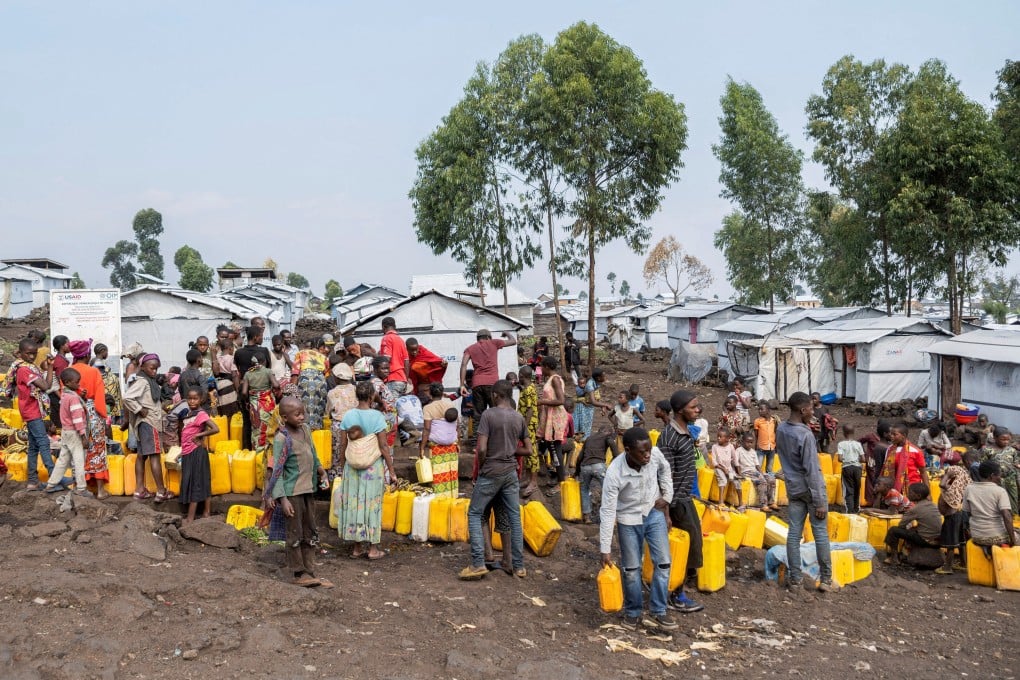Burundi treats ‘sick and scared’ mpox patients amid rising cases worldwide
- Cases of mpox in East Africa have surged, with Burundi confirming 171 cases earlier this week in ‘hot zones’ on its borders

“I felt very sick and scared, I couldn’t even walk any more,” said mpox patient Samuel Nduwimana in Burundi’s economic capital Bujumbura, one of around 170 confirmed cases in the small African country.
Talking to journalists from an isolation ward in the city’s King Khaled Teaching Hospital, Nduwimana’s face and upper body are scattered with painful-looking marks.
“I started to lose my appetite, I had a fever and I felt a small pimple on my genitals that hurt a lot,” he said, describing the onset of symptoms, which he hoped was malaria.
“I didn’t even know what I was suffering from,” said Nduwimana, but as his conditions worsened he eventually sought treatment.
While it has been known for decades, a new more deadly and more transmissible strain – known as Clade 1b – has driven the recent uptick in cases.
